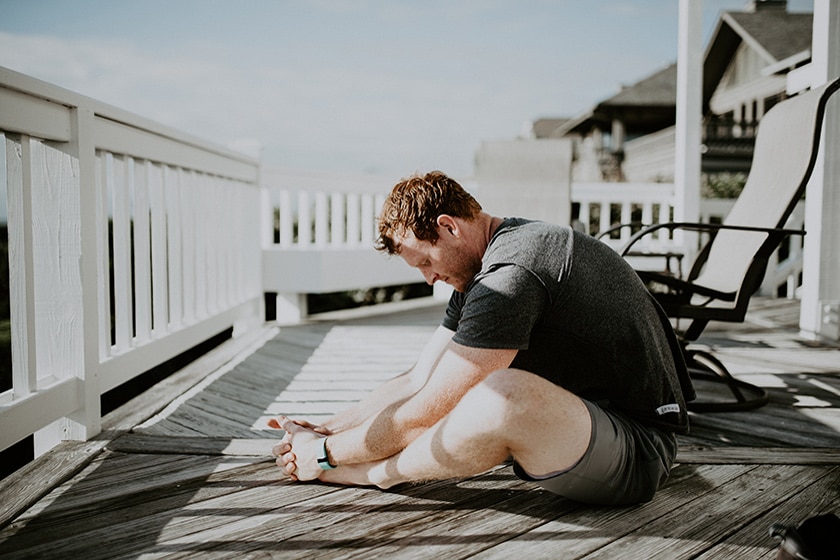Panic attacks can be a terrifying and stressful experience—even if you’re not the one having the attack. But how you respond can make a difference. Here’s what you should—and shouldn’t—do if you think someone close to you is having one.
Do: Stay calm yourself. As stressful as it can be to watch someone in the midst of a panic attack, staying calm is one of the best ways you can help. Remind yourself that it won’t last forever. Symptoms typically peak within 10 minutes.
Don’t: Tell the person to calm down. Being told to relax tends to make you do the opposite. Of course, they don’t want to feel what they’re feeling any more than you want to watch them go through it. Implying that their behavior is inappropriate can make them feel shame or guilt, on top of the panic they’re already experiencing.
Do: Call it like it is. Tell the person you think they are having a panic attack. Let them know that even though it may not feel like it, it will end. It may also help to remind them where they are. Asking them to tell you what they see may also help to ground them in reality.
Don’t: Assume you know what they need. Some people may be comforted by touch. For others, it might make them feel overstimulated, or even trapped. You can suggest things you think may help, like sitting down or having a glass of ice water. Better yet, ask them what they need.
Don’t: Tell them how to breath. Telling someone who’s panicking to breathe deeply, or even breathe into a paper bag is practically a cliché. It’s true that breathing can be closely linked with panic attacks. (Read more about the power of breath on the Freespira blog.) But in the moment of an attack, these techniques often aren’t helpful. And the paper bag trick can even cause someone to pass out. A better approach is to model a slower, steadier breathing rate.
Do: Talk about it later. After the attack is over, look for a good time to talk about what happened. If panic attacks happen often, make sure your loved one knows that there are treatments that can help prevent attacks like the one you experienced.
Freespira is a drug-free treatment for panic attacks and PTSD symptoms that’s FDA-cleared. In a study of Freespira, 71% of patients were panic-attack-free by the end of the 28-day treatment program. Want to learn more?
05673 Rev A



